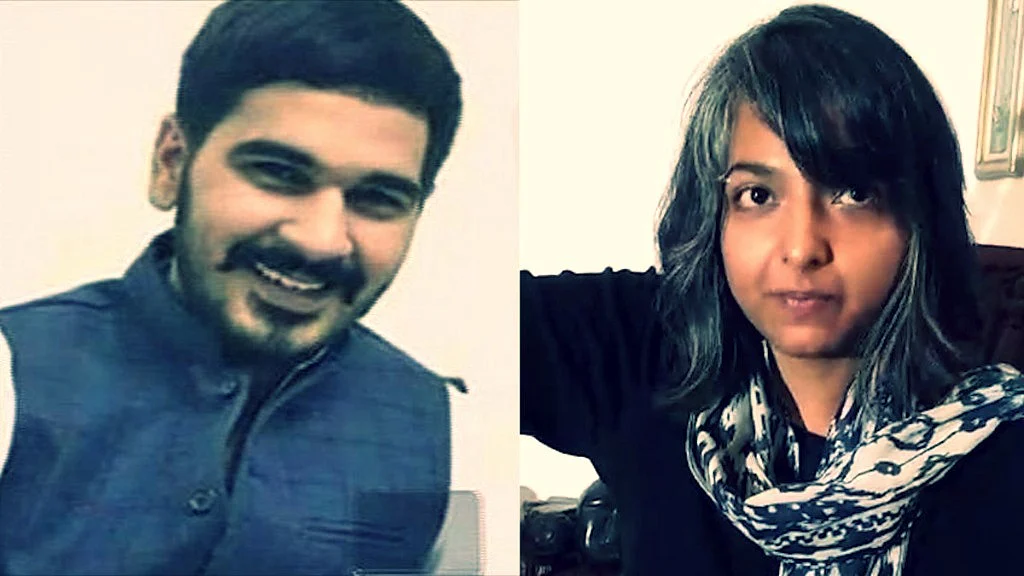Now Reading: Stalking Accused Named Haryana’s Assistant Advocate General: Political Links Under Scrutiny
-
01
Stalking Accused Named Haryana’s Assistant Advocate General: Political Links Under Scrutiny
Stalking Accused Named Haryana’s Assistant Advocate General: Political Links Under Scrutiny

The appointment of a man accused in a stalking case to the post of Assistant Advocate General in Haryana has sparked public outrage. What’s added fuel to the controversy is his background—he is the son of a former BJP state president. With questions being raised about the selection process and political influence, the issue has stirred strong reactions across legal and political circles.
The Case Behind the Controversy
The man at the centre of the storm was previously booked for allegedly stalking a woman in Chandigarh. The case had received wide media coverage at the time, raising concerns about women’s safety and the misuse of power. Despite the serious nature of the allegations, he has now been appointed to a significant legal post by the state government.
This move has triggered criticism from legal experts and civil society, who argue that pending charges of this nature should disqualify someone from holding a public legal position.
Political Ties and Public Concern
The fact that he is the son of a prominent BJP leader has intensified the controversy. While political connections are not illegal, the optics of such an appointment—especially when a legal case is still active—have led to accusations of favouritism and misuse of power.
For many in Tier 2 cities like Rohtak, Karnal, or Hisar, this story has stirred fresh concerns about the fairness of public appointments and whether ordinary citizens would ever be offered the same second chances.
Legal Community Reacts
Several senior advocates have expressed dismay over the development. They argue that individuals facing serious charges should be kept away from any legal or constitutional office until their name is legally cleared. The appointment, they say, risks damaging public trust in the legal system.
Others, however, have pointed out that the legal principle of “innocent until proven guilty” should also be remembered, and appointments cannot be challenged solely based on allegations unless proven.
What This Means for Public Institutions
The issue isn’t just about one person’s appointment—it’s about how institutions choose their representatives. When individuals with ongoing criminal cases are given key posts, it sends mixed signals to the public about the standards expected from public servants.
For young professionals and law aspirants in smaller cities, this can feel like yet another example of the system favouring privilege over merit.
The Bigger Picture
This incident has reopened the debate on transparency in appointments, political influence in governance, and the standards we hold our public officials to. With the matter now in public view, pressure is mounting on the government and judiciary to revisit such decisions and ensure greater accountability.
While the legal process will run its course, the conversation it has triggered around ethics, power, and justice is one the country cannot afford to ignore.

























